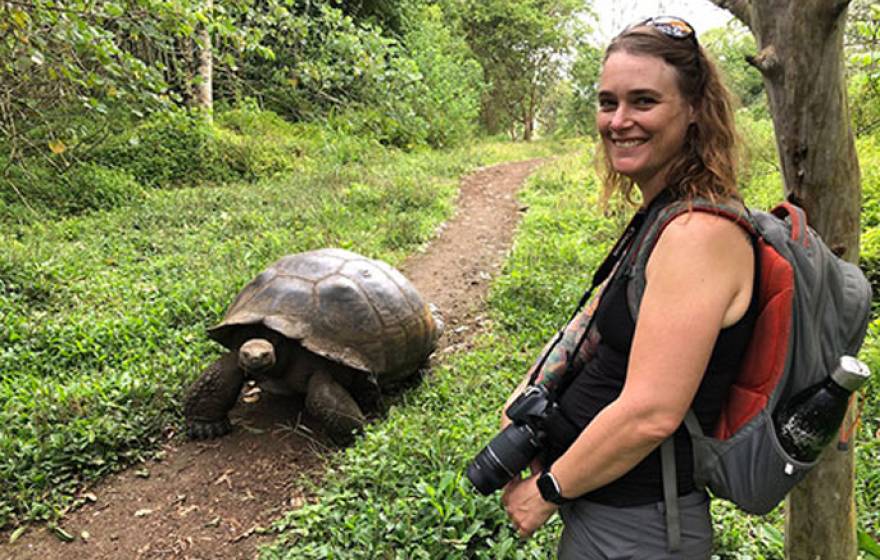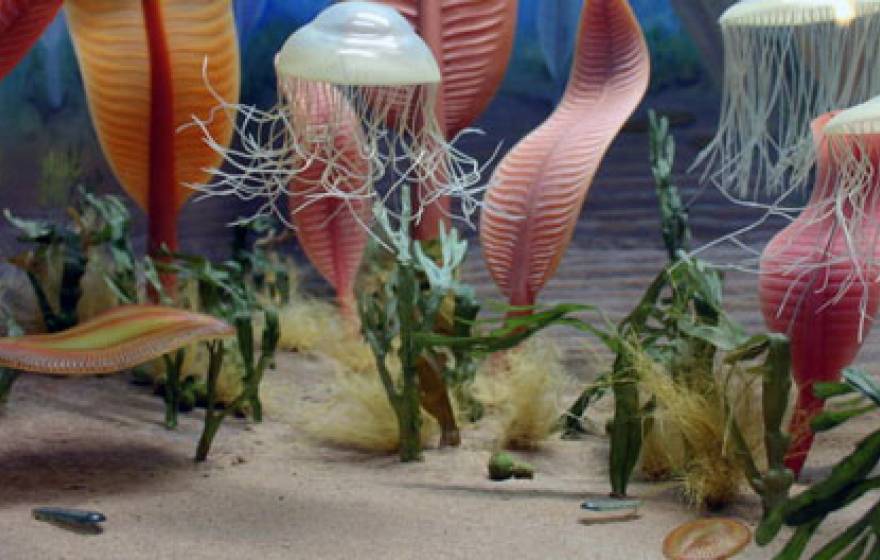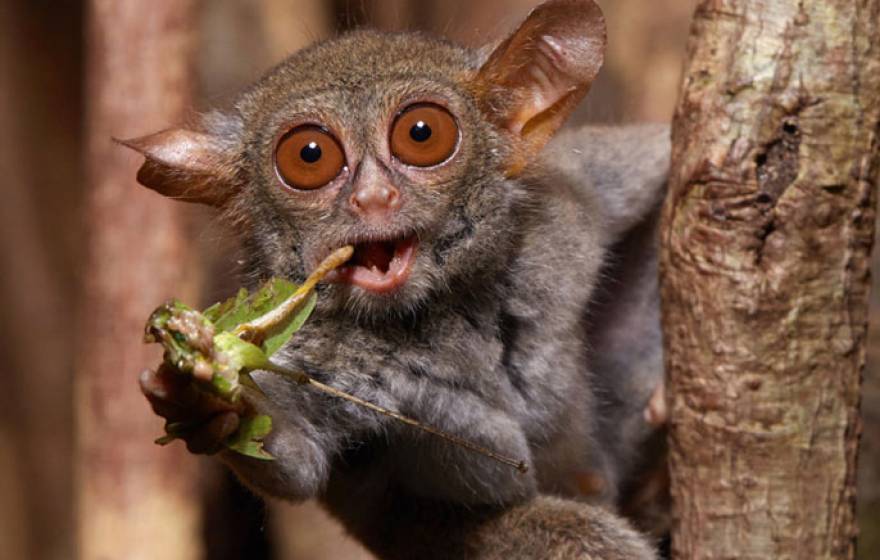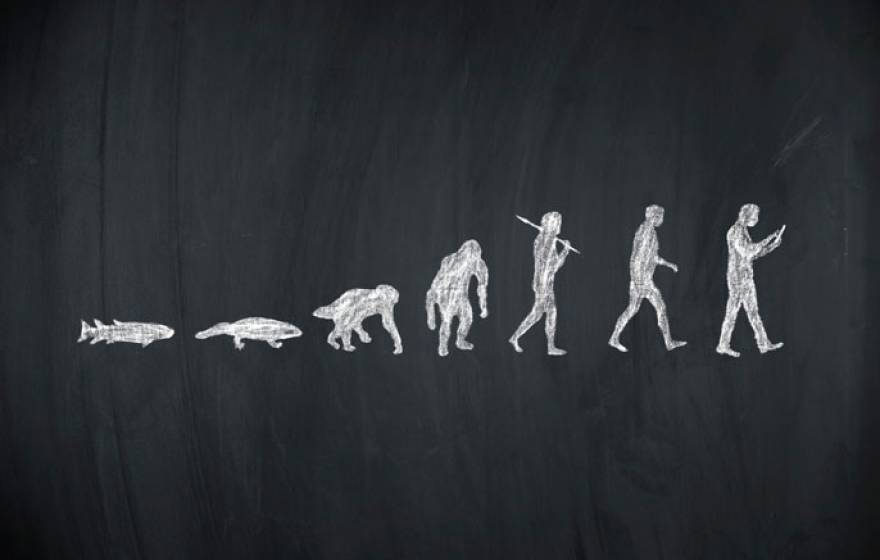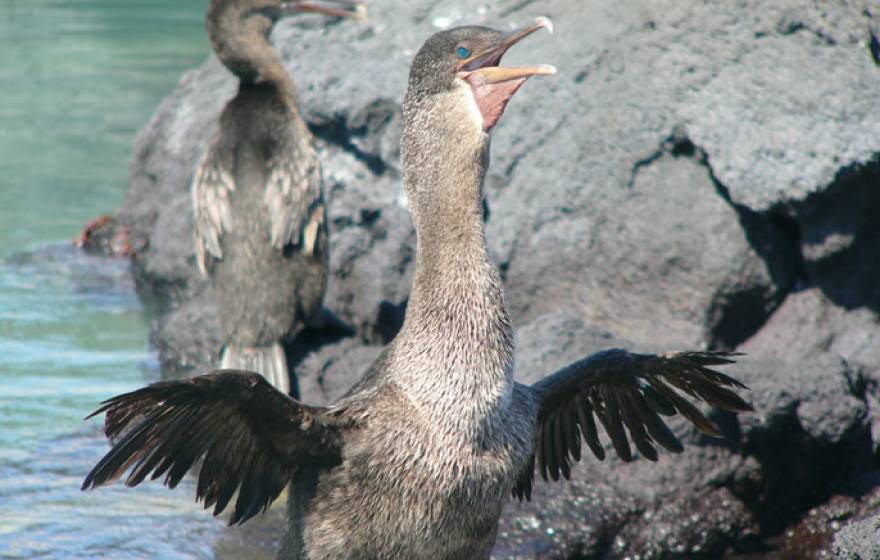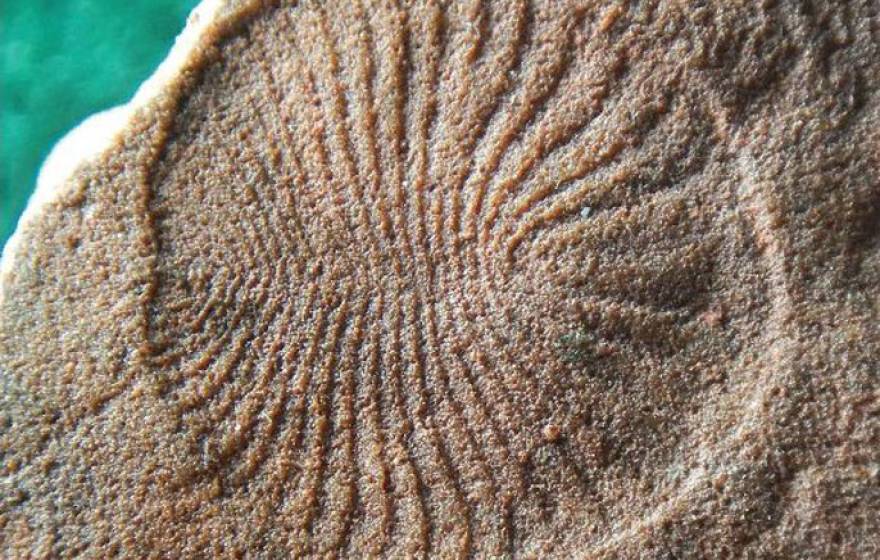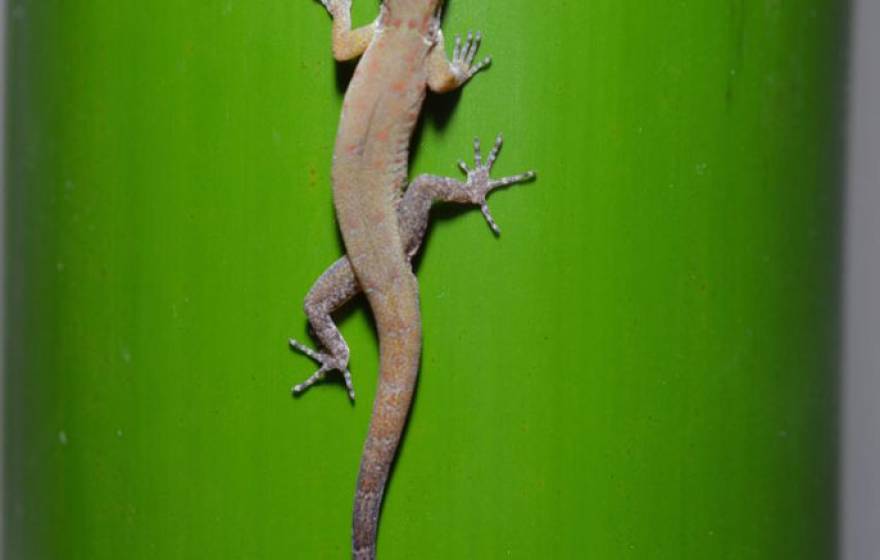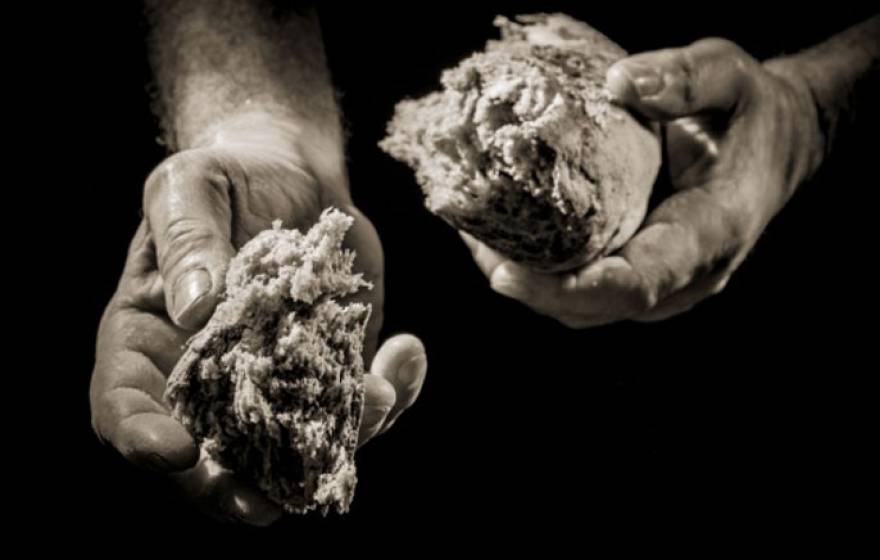186 years after Darwin first described the Galapagos racer snake, Danielle Edwards seeks to rebuild their population by using DNA from one of his original samples.
Continuing Darwin’s work on Galapagos Island
We’re surprisingly similar to Earth’s first animals, research says
Today’s humans share many genes with oceanic creatures missing heads.
Did your great-great grandpa eat bugs?
A gene for digesting crunchy insects suggests that our common ancestor in the Age of Dinosaurs was an insect eater.
Ancient fossil microorganisms indicate that life in the universe is common
Life was already diverse 3.5 billion years ago — and may be so elsewhere today.
Did life begin ... on land?
A paradigm-shifting hypothesis could reshape our idea about the origin of life.
How the Galapagos cormorant lost its ability to fly
Analyzing one of Darwin's favorite birds, a research team finds the genetic changes that clipped the bird's wings.
Study of Earth's first animals broadens understanding of early evolution
Secrets of early life hide within one of the oldest fossil animals, Dickinsonia.
The fish that adapts to lethal levels of pollution
Scientists are studying the Atlantic killfish to understand its secret.
How gecko feet got sticky
Studying this lizard's extraordinary toes offers a snapshot into evolution.
Looking different than your parents can be an evolutionary advantage
New research has roots in ideas raised by Charles Darwin more than 150 years ago.
Study: Believe it or not, humans are kind
Humans have evolved to be far more cooperative than other animals. These scientists investigate how and why.
Study: Believe it or not, humans are kind
Humans have evolved to be far more cooperative than other animals. These scientists investigate how and why.
